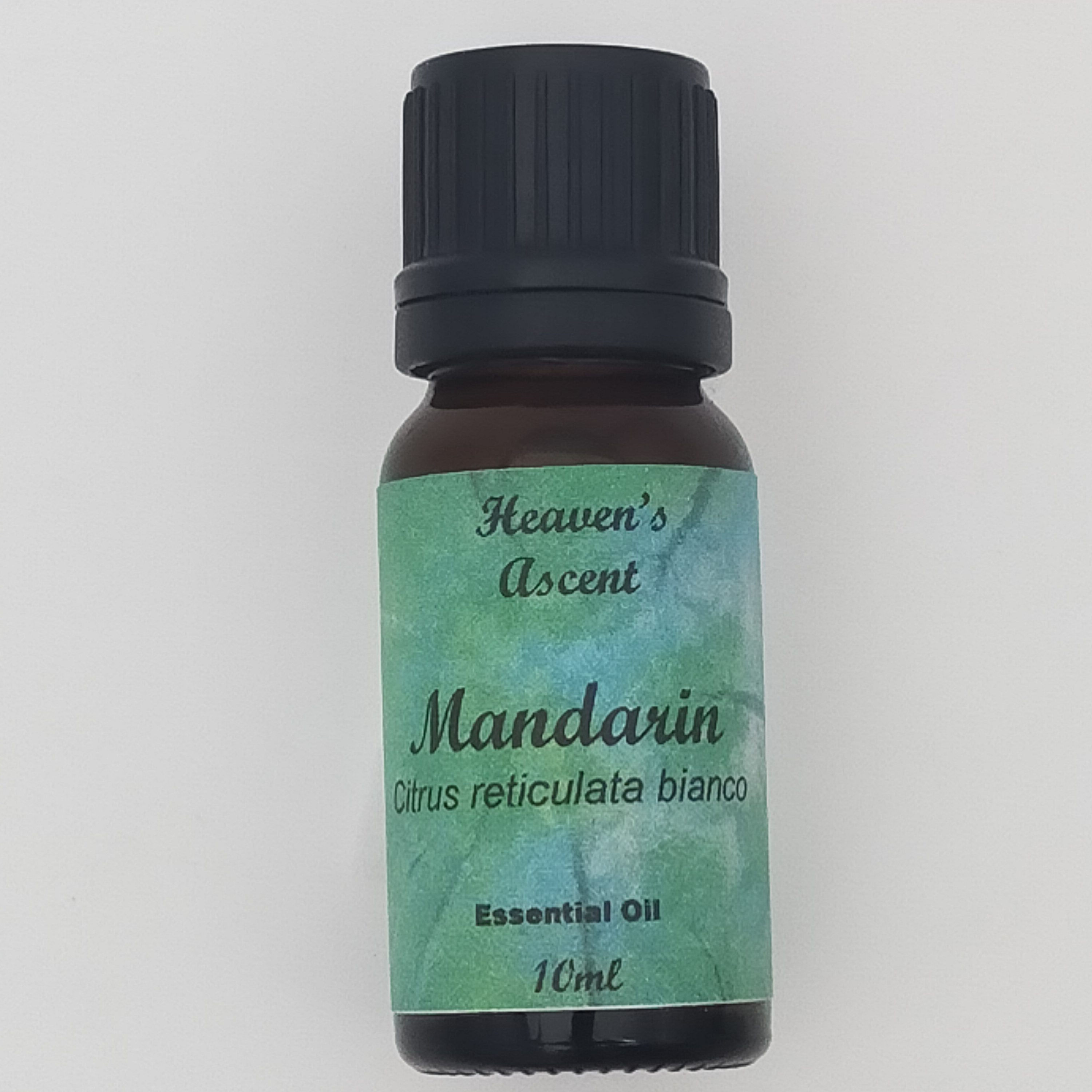A member of the orange family, mandarin trees are smaller than orange trees with small leaves and fruits. The origins of mandarins and tangerines are similar as they are both considered to be varieties of the same species.
Common uses: Mandarin essential oil is also commonly used in soaps, cosmetics, perfumes and men’s colognes.
Blends well with other citrus oils such as lime, orange, lemon, and grapefruit, as well as spice oils such as nutmeg, cinnamon, bay and clove.
Aromatic scent: Mandarin essential oil has an intense, sweet, fresh scent characteristic of citrus fruit.
History: The name is said to come from the fact that it was a traditional gift to the mandarins of China. Native to southern China and the Far East, brought to Europe in 1805 and to the USA 40 years later.
Important note: The information provided is for educational purposes only. It is not considered complete and is not
guaranteed to be accurate.
Cautions: Very potent and not to be used on sensitive skin. Avoid use during pregnancy.
General safety information: Do not take any oils internally. Do not apply undiluted essential oils, absolutes, CO2s or other concentrated essences onto the skin.
If you are pregnant, epileptic, have liver damage, have cancer, or have any other medical problem, use oils only under the proper guidance of a qualified aromatherapy practitioner.
Use extreme caution when using oils with children and give children only the gentlest oils at extremely low doses.
It is safest to consult a qualified aromatherapy practitioner before using oils with children.
A skin patch test should be conducted prior to using an oil that you've never used before.
Everyday, super simple uses for essential oils
Essential oils are used to fragrance soap (2%-3%), balms (0.5%), skin creams and butters (0.5%).
top of page
$15.00Price
Related Products
bottom of page

















